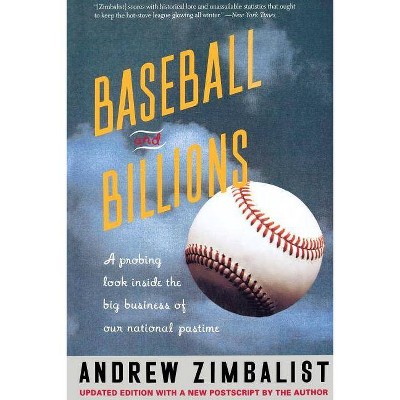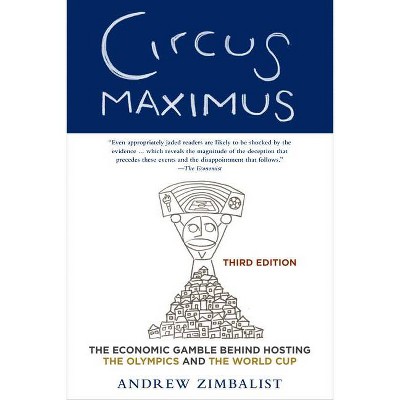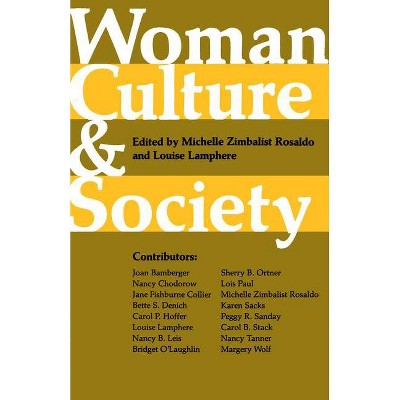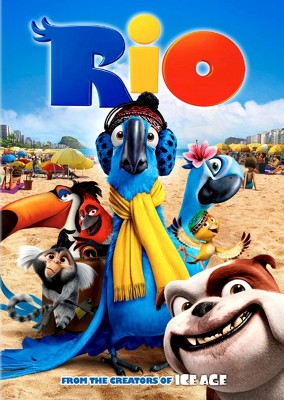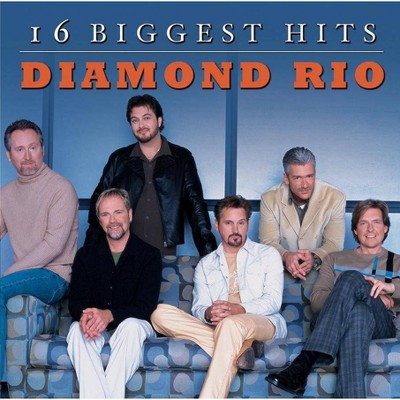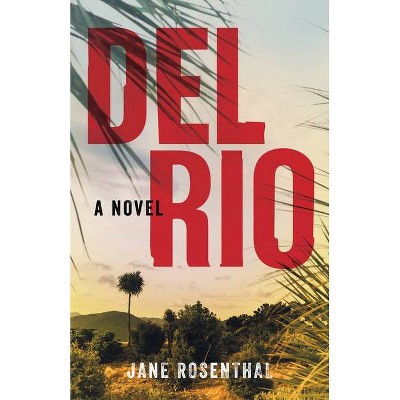Rio 2016 - by Andrew Zimbalist (Paperback)
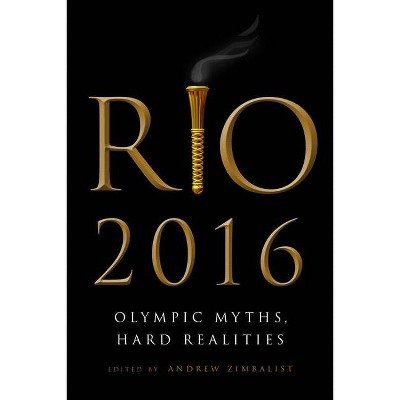
Similar Products
Products of same category from the store
AllProduct info
<p/><br></br><p><b> About the Book </b></p></br></br>"Rio 2016 assembles the views of leading experts on Brazil and the Olympics into a clear-eyed assessment of the impact of the games on Brazil in general and on the lives of Cariocas, as Rio's residents are known"--Publisher's website.<p/><br></br><p><b> Book Synopsis </b></p></br></br><p><b>A clear-eyed, critical examination of the social, political, and economic costs of hosting the 2016 summer Olympics</b></p> <p>The selection of Rio de Janeiro as the site of the summer 2016 Olympic Games set off jubilant celebrations in Brazil--and created enormous expectations for economic development and the advancement of Brazil as a major player on the world stage. Although the games were held without major incident, the economic, environmental, political, and social outcomes for Brazil ranged from disappointing to devastating. Corruption scandals trimmed the fat profits that many local real estate developers had envisioned, and the local government was driven into bankruptcy. At the other end of the economic spectrum, some 77,000 residents of Rio's poorest neighborhoods--the <i>favelas</i>--were evicted and forced to move, in many cases as far as 20 or 30 miles to the west. Hosting the games ultimately cost Brazil $20 billion, with little positive to show for the investment.</p><p><i>Rio 2016</i> assembles the views of leading experts on Brazil and the Olympics into a clear-eyed assessment of the impact of the games on Brazil in general and on the lives of <i>Cariocas</i>, as Rio's residents are known. Edited by sports economist Andrew Zimbalist, the other contributors include Juliana Barbassa, Jules Boykoff, Jamil Chade, Stephen Essex, Renata Latuf, and Theresa Williamson.</p><p/><br></br><p><b> Review Quotes </b></p></br></br><br><p>"Providing clear, detailed analysis of the impact of hosting the Olympic Games, this collection offers a critical intervention as to the political, social, economic and cultural impact of not only the 2016 Games but the entire Olympic Movement."--Adam Talbot, <i>Sociology of Sport</i></p><br><br>A thoughtful, objective exploration of the economic, social, and political sacrifices and expenses that come with being an Olympic city. Recommended. All readers.--<i>CHOICE</i><br><br>Andrew Zimbalist's edited collection titled <i>Rio 2016: Olympic Myths, Hard Realities</i> is a masterful review of Rio de Janeiro's Olympic Games and their impact across the city.--Rio on Watch<br><br><i>Rio 2016</i>, a collection of deeply reported essays, brilliantly explores the contradictions inherent in hosting mega-sporting events. It should be required reading for government and corporate leaders as well as for community activists. Written in plain English, not academic jargon, this is a perfect book for college courses on globalization, economic development, and sports and society.--Ambassador Derek Shearer, Chevalier Professor of Diplomacy and Director, McKinnon Center for Global Affairs, Occidental College<br><br>A truly harrowing account of the enormous public and emotional toll of the 2016 Summer Olympic Games in Rio. Andrew Zimbalist and the other contributors to this volume provide an eye-opening tale of how the Games were sold and packaged as a showcase and economic catalyst and ended up being a billion-dollar boondoggle, taking a huge toll on the city and its neighborhoods. A cautionary tale for cities looking to the Olympics to somehow boost their global city status.--Richard Florida, author of <i>The Rise of the Creative Class</i> and <i>The New Urban Crisis</i><br><br>Andy Zimbalist is the smartest mind I know when it comes to seeing through all the ballyhoo of big-time sports and telling us what adds up, and what doesn't.--Scott Simon, host of NPR's <i>Weekend Edition Saturday</i><br><br>At their best, the Olympic Games are glorious, exciting, and memorable, and a source of pride for the host city. But, that is only part of the story. An important and less glorious Olympic reality can be found in these pages.--Bob Costas<br><p/><br></br><p><b> About the Author </b></p></br></br><p><b>List of Contributors</b></p> <p><b>Juliana Barbassa</b> is an award-winning journalist and the managing editor of Americas Quarterly, a publication about politics and business in Latin America. She is also the author of <i>Dancing with the Devil in the City of God: Rio de Janeiro on the Brink</i>, based on her years as the Associated Press's Rio correspondent.</p> <p><b>Jules Boykoff</b> has written three books on the Olympic Games, most recently <i>Power Games: A Political History of the Olympics</i>. In fall 2015 he was a Fulbright research fellow in Rio de Janeiro. In the 1990s he represented the U.S. Olympic Soccer Team in international competition.</p><p><b>Jamil Chade</b> is the European correspondent for the newspaper <i>O Estado de S. Paulo</i>. Honored as the best Brazilian foreign correspondent, he was chosen as one of the forty most influential journalists in Brazil. A member of the network Anti-corruption Solutions and Knowledge (ASK), led by Transparency International, Chade has written four books and visited more than sixty countries.</p><p><b>Stephen Essex</b> is associate professor in human geography at the School of Geography, Earth, and Environmental Science, Plymouth University (UK). His teaching and research focuses on urban and rural planning, especially the infrastructure implications of the Olympic Games. He has coauthored a number of journal articles and book chapters on the urban impacts and planning of both the Summer and Winter Olympic Games with Brian Chalkley (also at Plymouth University).</p><p><b>Renata Latuf</b> is a Brazilian architect and urbanist based in São Paulo currently working on the urban design legacy of Rio Olympics. Supported by the São Paulo Research Foundation, she was a guest researcher in Copenhagen and England in 2016.</p><p><b>Theresa Williamson</b>, a city planner, is the executive director of Catalytic Communities, a Rio de Janeiro-based organization that provides media and networking support to favela communities. An advocate on behalf of Rio de Janeiro's favelas, she helps to ensure they are recognized for their heritage status and their residents fully served as equal citizens.</p><p><b>Andrew Zimbalist</b> is the Robert A. Woods Professor of Economics at Smith College and a noted sports economist and sports industry consultant. He has published twenty-six books, most recently <i>Circus Maximus: The Economic Gamble Behind Hosting the Olympics and the World Cup</i> and <i>Unwinding Madness: What Went Wrong with College Sports and How to Fix It</i> (with Gerald Gurney and Donna Lopiano.)</p>
Price History
Cheapest price in the interval: 36.99 on November 8, 2021
Most expensive price in the interval: 36.99 on December 20, 2021
Price Archive shows prices from various stores, lets you see history and find the cheapest. There is no actual sale on the website. For all support, inquiry and suggestion messagescommunication@pricearchive.us
